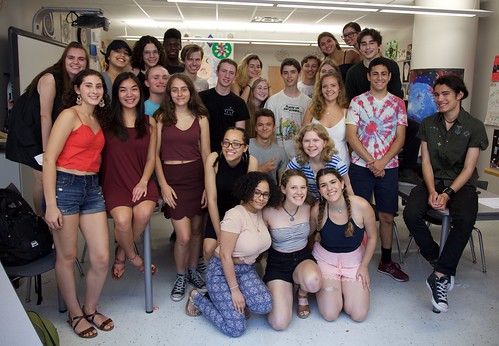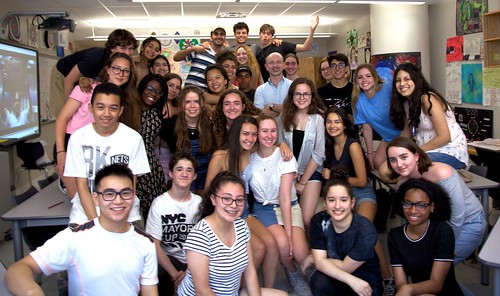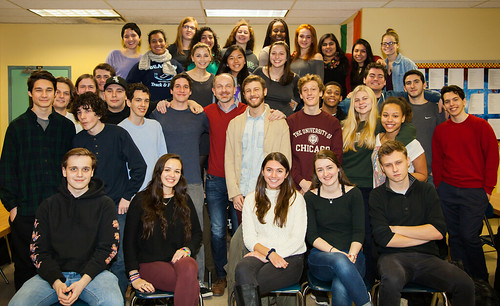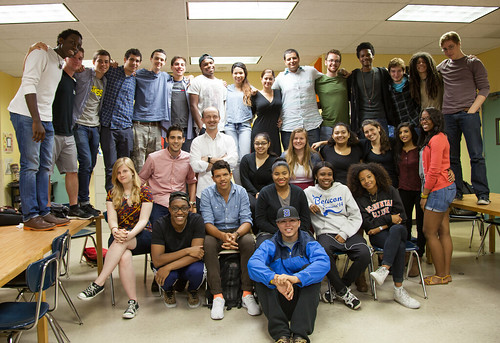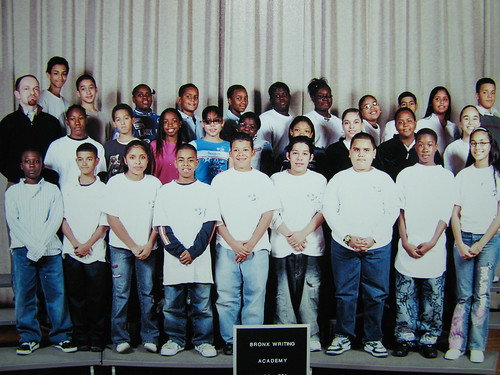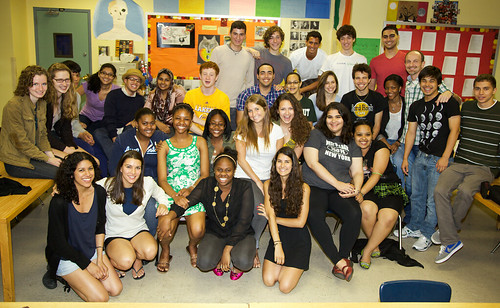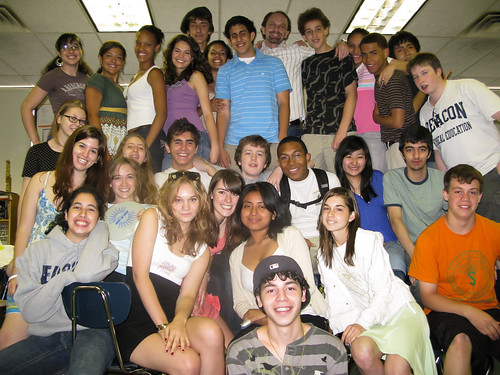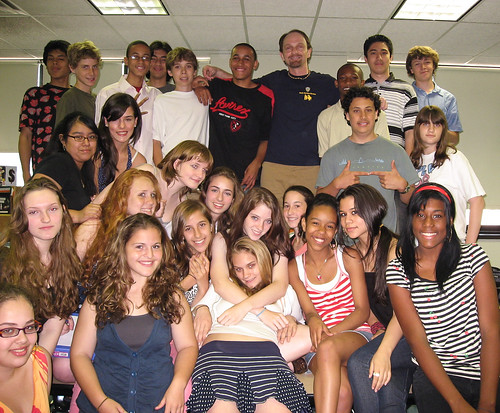Rivers and Roads by The Head and The Heart has become something of a tradition in my classroom.
Search Results for: HP2-I65 Study Materials Review 100% Pass | Efficient HP2-I65 Latest Braindumps Sheet: Selling HP MPS Subscription Services 2024 😝 Open ▶ www.pdfvce.com ◀ enter ( HP2-I65 ) and obtain a free download 😨HP2-I65 Download Pdf
Existential Rap
Special thanks to the artist, Caleb “Brooklyn” Bloomfield, Beacon Class of 2011.
Welcome!
Welcome to Blackboarddreams.com! During the summer of 2012, I envisioned using a blog as a meaningful extension of my classroom where there would be resources aplenty and a communication hub. After a summer of trial and many an error, the website went live in the spring of 2013 and has been an e-home away from home for my students ever since. Here, parents and students can access the following: homework assignments, updates on the happenings and direction of the class, complementary materials, writing and research resources, exemplars, class forums, and more! I am most excited about using this website as an e-community built on the Blackboarddreams forums. My students and I use the forums to examine author’s craft in search of a deeper understanding of the readings and to use those readings as a catalyst for critical discussion of our world and ourselves.
So that is Blackboard Dreams! Here’s a bit about me: My name is Sean Leon. In 2002 I moved to NYC to join the NYC Teaching Fellowship. After teaching four years at a middle school in the Bronx, I was offered and accepted a high school English position at The Beacon School in Manhattan. Beacon—a prestigious college preparatory public high school known for its portfolio-based assessments, art and technological infusion across disciplines, and international travel—gave me an opportunity to give life to my vision of the English classroom. This vision is fundamentally shaped by the understanding that all instruction and assessment take place in a dynamic, human environment that must be factored into the day-to-day pedagogy of the class. So, as a priority, the English experience should be humanized in design and humanizing in effect. My classroom becomes an inclusive, democratic learning community where literacy acts as a conduit for holistic education.
Pedagogically, an inquiry-based framework shapes all literacy instruction and assessment. As a principle, I believe all instruction and assessment—formative and summative—should recognize the multiple intelligences and learning styles of the student body and should be varied accordingly. To that end, my classroom features an infusion of technology and the arts to help communicate content and to assess understanding. Additionally, I use the Socratic seminar and Socratic hybrids to facilitate discussion and catalyze the writing process. Ultimately, in satisfying the educational and civic responsibilities of a humanities classroom, I hope that quantitative and qualitative metrics show my students to be improved analytical and critical thinkers. [Read more…]
College Essay by EH, 2012
“Here, Atticus!” I say, indicating a dropped piece of bread on the floor. He stares at me, head cocked, ears akimbo. I tap with my foot the exact spot where the bread lies. Nothing. Not even a twitch.
Atticus has never been the most intellectually inclined dog. But as anyone in our neighborhood will attest, what he lacks in brains he makes up for in spirit and soul, in a way that makes people who pass him on the street just smile. The change began about a year ago. First were the seizures, which had been present but dormant since puppyhood. Suddenly, they were a weekly occurrence, and the violent fits of thrashing became one of my biggest anxieties. Slowly, these started to take a toll. His usual ditziness took on a whole new meaning: walls did not exist (as his skull will tell you), objects more than a few inches in front of his eyes were invisible, and commands were suddenly just noise in his ears. It is a complicated thing to live with a dog with dementia. Frustration is often the initial and overwhelming emotion: it is like living with a newborn. However, perhaps it is the stark contrast that is most daunting. I can see, almost week to week, the ways in which his body betrays him and his mind tricks him. However, his personality and his energy have remained diligently his own.
In a conversation with my father about existentialism and political economy, he mentioned how both are a way to explain our existence, to find some semblance of an answer to What are we? Dogs are another manifestation of this, my father said, akin to religion or aliens. This rang true for me, especially at this point in my life and Atticus’. Dogs have acted as companions to humans for thousands of years, and perhaps it is because they strike that perfect balance of consciousness. Apes would probably not make pets: they are too willful, too intelligent, in short, too similar to humans. Dogs, on the other hand, seem perfect by nature: obedient, social, impressionable, and yet conscious enough to reassure us of our own consciousness, our own humanity.
For Atticus, someone I have grown up with, changed with, moved with, to suddenly drop off the map of what I know to be consciousness, connection, awareness, is a startling change. At a time when I am changing drastically as both a person and in my life’s course, a slice in my tether to existence and companionship and stability is really something to think about. I am a person deeply rooted in sentimentality; everything in my life relates back to people, places, smells. Because of this, growing up has often been a heart-renching experience for me. It seems both fitting and tragic that at a time when I am getting too old to play, so is Atticus. As my hours of sleep decline, his increase. I can more eloquently and accurately communicate my thoughts, while his have become a tangle of wool only understood through a shnuff or an aroough. We are, in many ways, aging together and at the same pace. I, too, am entirely different than I was a year ago. But although mentally, Atticus is completely addled, he has never varied far from his sociability, his affection, his overwhelming desires. He has made me astutely aware of the separation between mind and overall being. Senility may take over one’s judgment, motor skills, memory, but humanity—even, and most especially, in a dog—overpowers that. Atticus stands as a model to me, in whatever aging or growing process I am embarking on.


